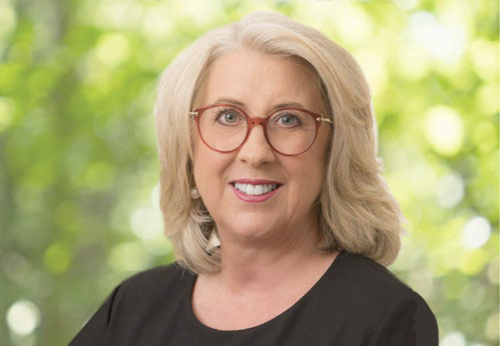Yamada & Cain – [2013] FamCAFC 64
This is a case involving the “best interests of the child”. The mother appealed orders placing the child in the care of the paternal great aunt.
The child, Z, was born in July 2005 and lived with her paternal great aunt (“the aunt”) from the time she was a baby until she visited her parents in January 2010. The parents did not return the child after this visit, although it was supposed to last only four weeks. Both the mother and the father of Z – who have four older children ranging in age from seven to eleven at the time of the trial – had criminal records involving the cultivation and possession of marijuana. They lived a transient lifestyle, moving around a good deal, and switching schools for their other children. The most recent move took place in 2010, following the father’s arrest and the family’s desire to be closer to him. The aunt lived in Melbourne.
After Z was not returned, orders were made by consent in July 2010, according to which Z would live with her parents and spend specified school holidays with the aunt. In January 2011, the aunt brought Z to the airport to return her to her mother. There she observed the mother being arrested by Australian Federal Police. The aunt did not transfer Z and Z continued to live with her. A trial ensued and the Federal Magistrate ordered that Z live with the aunt and visit the parents during school vacations and maintain phone and electronic contact. The mother appealed.
Is Parenthood an Overriding Factor?
The mother’s primary claim on appeal was that the Federal Magistrate did not properly balance the importance of parenthood when making a determination of whether a child should live with the parents or a non-parent. The Family Law Act, 1975 requires the court to consider the child’s best interests when making a parenting order. The first primary consideration listed in the Act “is the benefit to the child of having a meaningful relationship with both of the child’s parents.” The mother argued, based on Donnell & Dovey (2010) FLC 93-428 at [121] that since this relates only to parents, the legal intent was to give parents primacy when considering the best interests of the child. The mother concluded from this that the Federal Magistrate should have considered Z’s relationship with her parent’s the primary factor and her relationship with her aunt on a lesser level.
The Family Court disagreed, also basing its position on Donnell. There the court held that in a particular case, maintaining a relationship with a non-parent may be “equally important or more important than the maintenance” of the relationship with the parent. Further, just because the relationship with the non-parent cannot be a “primary consideration” does not mean that “it will be of any less significance than the benefit to the child of the maintenance of a meaningful relationship with a parent.” Finally, section 60CC(2)(m) of the Act allows the court to take into consideration ” any other fact or circumstance that the court thinks is relevant.”
Ultimately, the Family Court held that the law “recognises that it is not parenthood which is crucial to the best interests of the child, but parenting – and the quality of that parenting and the circumstances in which it is given or offered by those who contend for parenting orders.” The Family Court found that the Federal Magistrate had indeed carefully weighed all of these factors to determine what was in Z’s best interest. The Federal Magistrate weighed the importance of Z’s relationship with her parents and older siblings against the danger of a transient lifestyle and the instability inherent in such a way of life.
The mother’s appeal was rejected.











